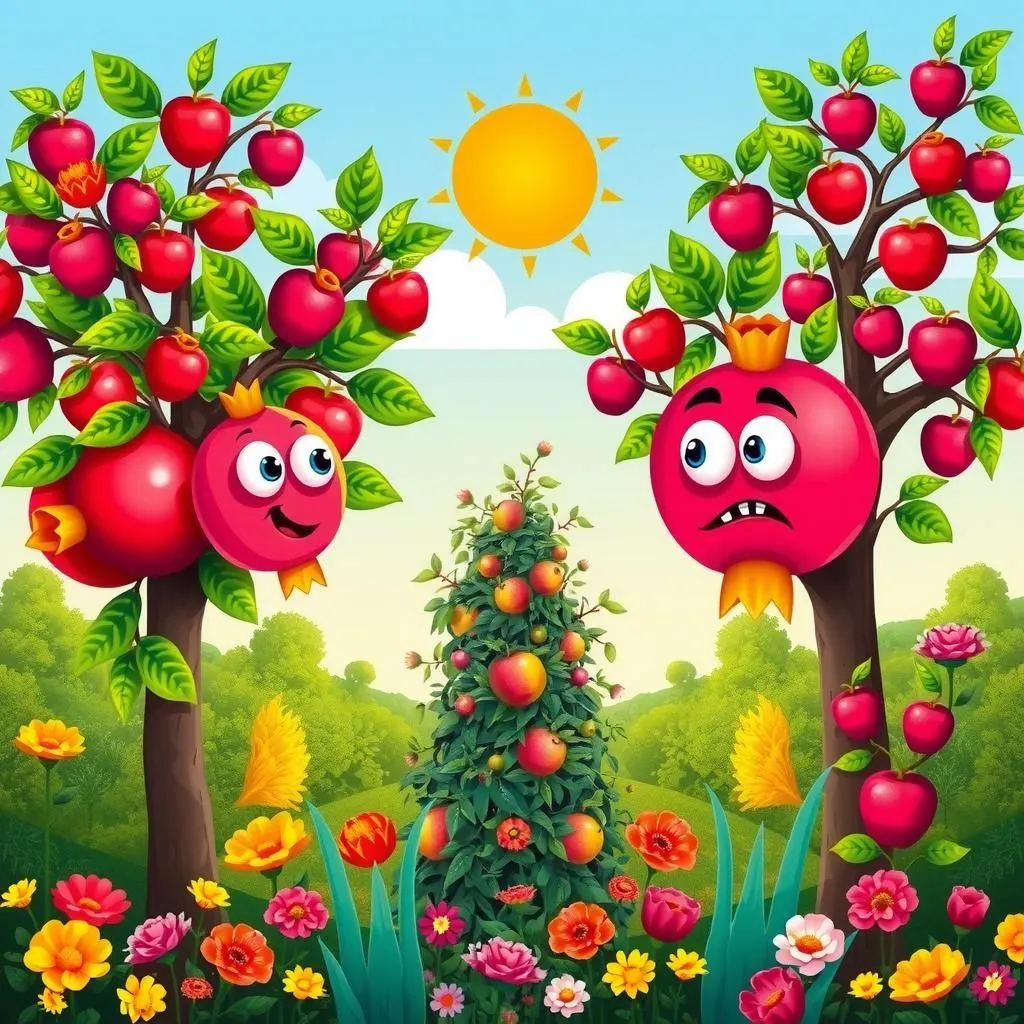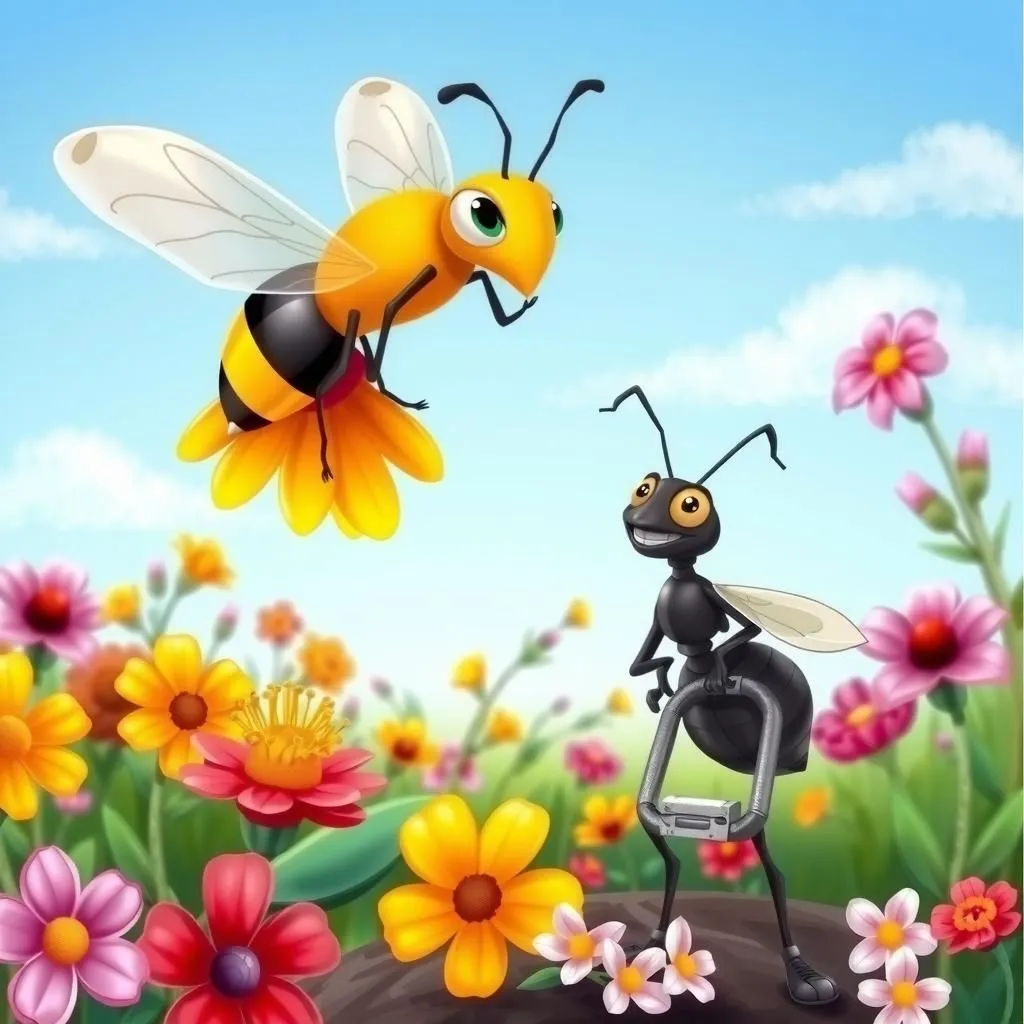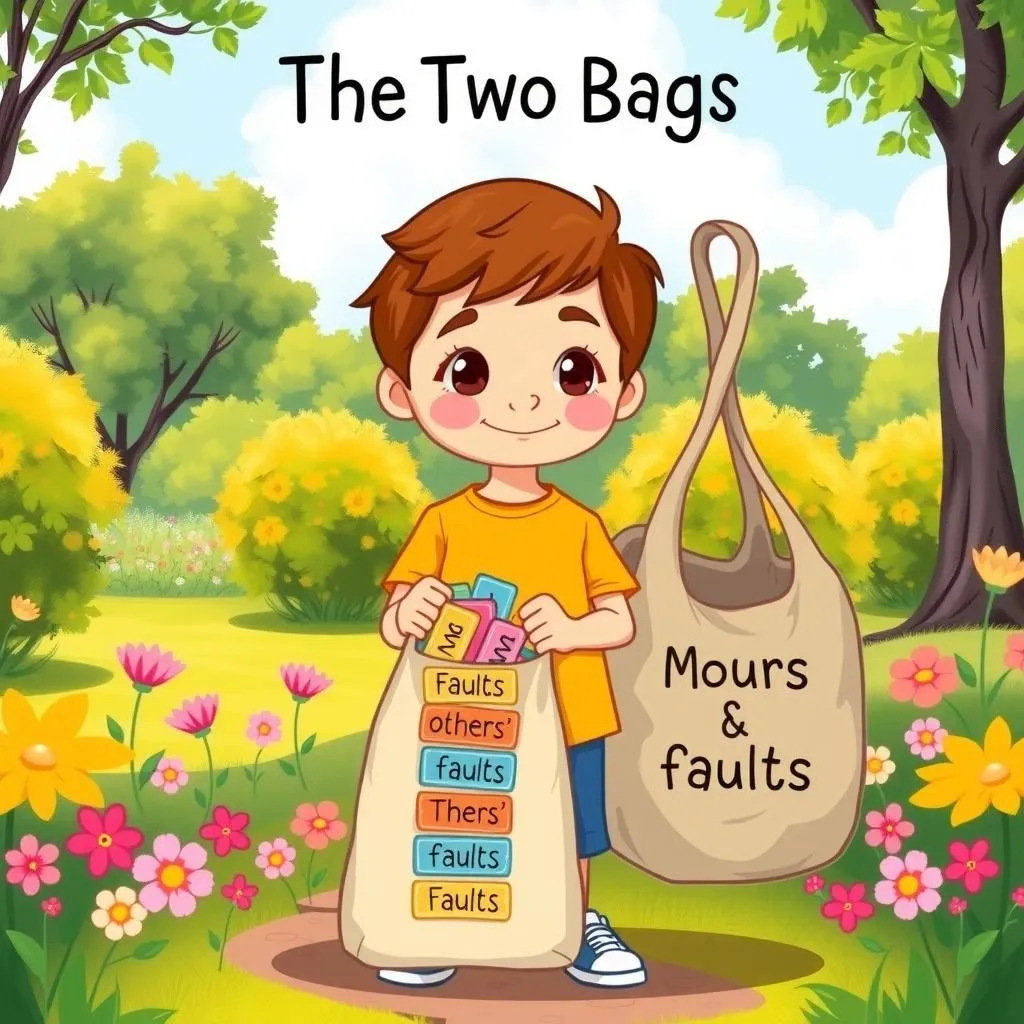
The Pomegranate Apple-Tree and Bramble
In the culturally significant moral story "The Pomegranate Apple-Tree and Bramble," the Pomegranate and Apple-Tree engage in a vain dispute over their beauty. Their quarrel is interrupted by a boastful Bramble, who suggests they stop their argument in his presence, highlighting the folly of pride. This concise moral story serves as a life lesson, reminding readers of the importance of humility over vanity, making it a valuable addition to the top 10 moral stories for class 7.


